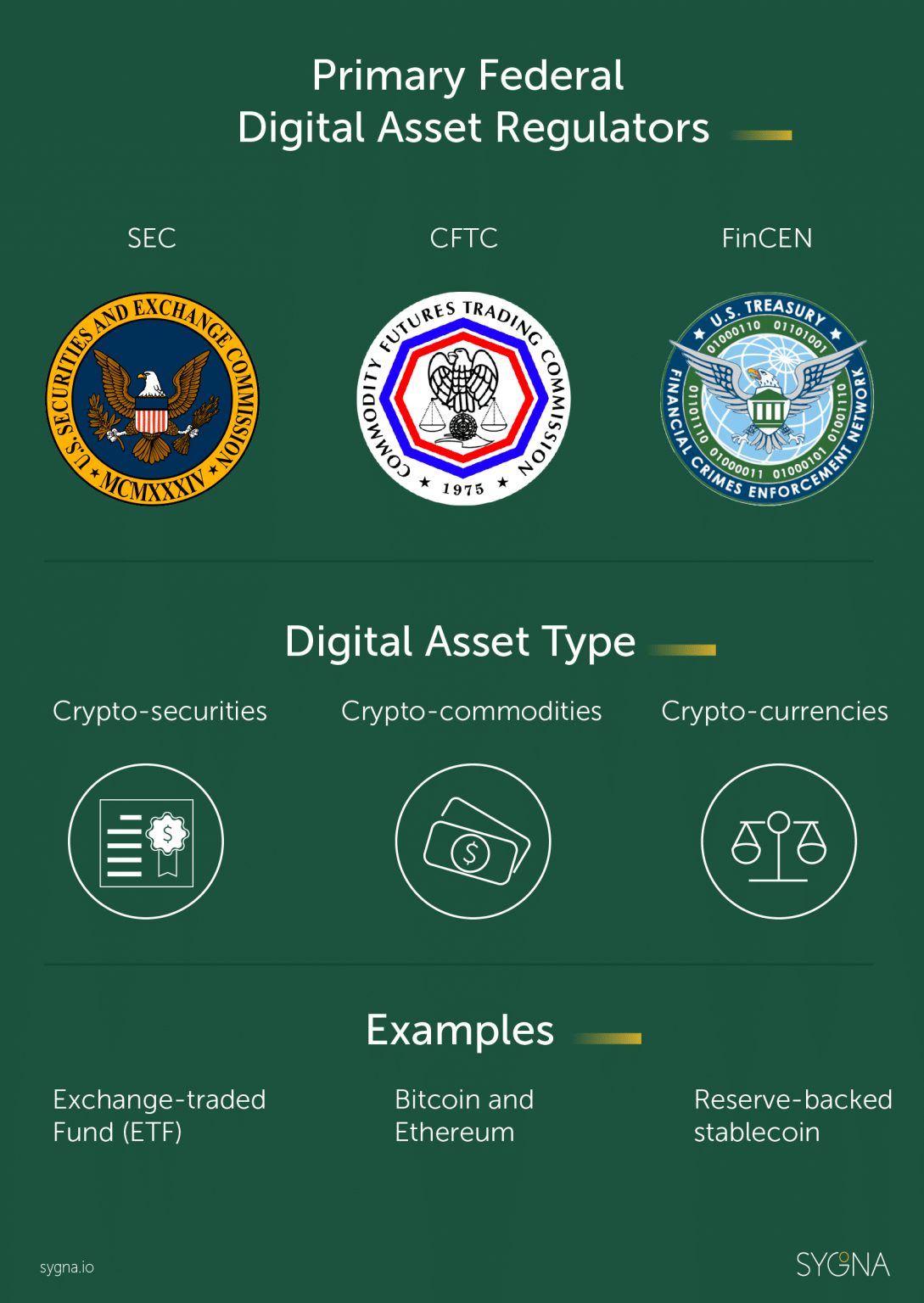The Role of Education in Shaping Bitcoin Policy
The world of Bitcoin is not just about digital currency; it’s also about policy and advocacy. In this Bitcoin Equities Talks episode, Yael Ossowski, Deputy Director at Consumer Choice Center discusses how the Bitcoin Policy Institute is at the forefront of educating lawmakers and the public about the implications of Bitcoin. They are working on policy primers and studying the impact of laws on Bitcoin, particularly in the American Northeast, where municipalities are passing laws that discriminate against Bitcoin miners by imposing higher electricity rates. This goes against the principle of tech neutrality and could lead to negative consequences if energy prices are segmented based on usage.
The Smart Cryptocurrency Rules Act and Pricing Discrimination
Additionally, Yael Ossowski discusses the Smart Cryptocurrency Rules Act. This model legislation aims to address pricing discrimination against miners. This issue is particularly relevant in places like New York and Connecticut. Discrimination is more prevalent there. The act seeks to ensure fair treatment and prevent exploitative practices. It targets younger participants in the crypto market.
The Philosophical Impact of Bitcoin
Moreover, the philosophical impact of Bitcoin is significant. It challenges traditional notions of money and state control. The Bitcoin Policy Institute examines these implications. They advocate for federal rules supporting Bitcoin’s growth. They also educate on brokerage rules and stable coin legislation. These are crucial for Bitcoin’s future regulation.
Bitcoin, Policy, and Financial Inclusion in Developing Countries
Furthermore, Bitcoin offers a unique opportunity for financial inclusion in developing countries. It provides a way to transact with low fees, especially when using the Lightning Network, and offers a hedge against inflation and the impacts of war and devastation. This makes it an attractive alternative to traditional financial systems, which may be less accessible or stable.
The Regulatory Approach to Bitcoin in the US and Europe
 When comparing regulatory approaches, Yael Ossowski contrasts the US and Europe. For instance, Europe is implementing the Markets in Crypto-Assets (MiCA) regulation, bringing more oversight to crypto asset service providers. In the US, there is a focus on anti-money laundering (AML) and know your customer (KYC) rules. These rules are intended to prevent malicious activities but can also stifle innovation.
When comparing regulatory approaches, Yael Ossowski contrasts the US and Europe. For instance, Europe is implementing the Markets in Crypto-Assets (MiCA) regulation, bringing more oversight to crypto asset service providers. In the US, there is a focus on anti-money laundering (AML) and know your customer (KYC) rules. These rules are intended to prevent malicious activities but can also stifle innovation.
The Impact of Government Selling Bitcoin Holdings
Additionally, the German government’s decision to sell its Bitcoin holdings raises questions about the potential market impact. While the government’s actions may have short-term effects, the long-term implications for Bitcoin’s value and adoption remain to be seen. This move highlights the political and economic considerations that governments face when dealing with cryptocurrencies.
The Fight for Financial Sovereignty and Privacy
The ongoing battle for financial sovereignty and privacy is another critical issue. Developers and advocates are pushing back against regulations they believe go against the spirit of decentralized technologies. The cases of Samurai wallet and other non-custodial services illustrate the tension between innovation and regulation as developers navigate a complex legal landscape to provide users with financial freedom.
The Potential for Policy Change in the US
Looking ahead, the US political landscape could see a shift favorable to Bitcoin. With candidates like Donald Trump expressing pro-Bitcoin sentiments, there is hope for supportive legislation. However, the unpredictable nature of politics means advocates must remain vigilant to ensure that negative rights legislation is protected.
The Role of Compliance Officers and Regulators
Meanwhile, compliance officers and regulators play a crucial role in shaping the regulatory environment for Bitcoin. Their focus on AML and KYC rules is driven by a desire to prevent illicit activities. However, there is a fine line between necessary oversight and overregulation that could harm Bitcoin’s growth.
The Importance of Decentralized Technologies
Importantly, the significance of decentralized technologies cannot be overstated. They offer a way to bypass traditional financial systems and provide users with greater control over their money. As the world becomes more digital, the need for these technologies will only increase, making the fight for their existence all the more critical.
Conclusion on Bitcoin Policy and Advocacy
In conclusion, the world of Bitcoin is complex, with policy and advocacy playing a pivotal role in its future. From the education of lawmakers to the philosophical implications of decentralized money, the issues discussed are multifaceted and require a nuanced approach. As the regulatory landscape evolves, advocates must continue to push for policies that support innovation and protect users’ rights. The journey of Bitcoin is far from over, and the next chapter promises to be as exciting as the last.












